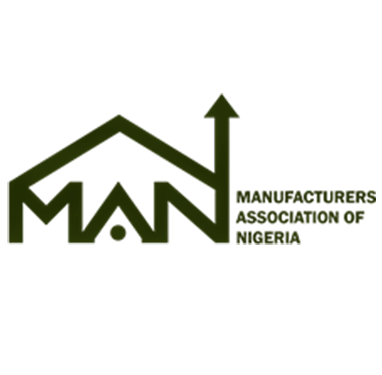The Manufacturers Association of Ni-geria (MAN) has revealed it is evident that the business-operating environment is constrain-ing Nigeria’s bid to join industrialised countries in the world.
Director-General of MAN, Mr. Segun Ajayi-Kadir, explained in a chat with Telegraph that it had been elusive for the coun-try’s manufacturing sector to attain industrialisation because of profound eco-nomic challenges in the country.
He said that urgent ac-tion is therefore required to address these challeng-es and unlock the growth potential of the manufac-turing sector.
According to him, the current administration’s commendable efforts at improving production ca-pacity and reforming the operating environment need to be accelerated and effectively coordinated.
Ajayi-Kadir said: “Time will not permit me expati-ate on the challenges and I really do not think that it is necessary. I will therefore race to the part that talks about the imperatives for a virile manufacturing sector that will guarantee sustain-able development•
He said: “Infrastructure and logistics challenges: Inadequate transportation networks and poor logis-tics services, particularly around major ports and industrial corridors, create bottlenecks in the supply chain, making the operat-ing environment non-con-ducive for manufacturers. For instance, a recent report has shown that with a land mass of 923,768 square ki-lometres and a population of over 230 million, Nigeria has a road network of only 200,000km, and only 37 per cent of the roads are in good condition, impacting logistics and market access. This situation makes it dif-ficult for manufacturers to produce competitively and export efficiently.”
On insecurity, the MAN DG said, “The state of inse-curity in Nigeria remains deeply worrisome, in spite of government’s evident efforts at bringing it under control. The persistent ac-tivities of terrorist groups continue to force manu-facturers out of business. Quite a number of our members have shut down operations, especially in the North East. The operations of these groups, along with rising inter-communal vi-olence, put manufacturing operations and investments at serious risk.”
While speaking on high burden of multiple charges and checkpoints around major transportation and trade corridors, Ajayi-Kadir stated for example, while it has been noted that about 53 checkpoints exist between Mile 2 and Seme border, the 20km Seme to Badagry route has a total of 34 checkpoints. This makes movement of goods and trading difficult.
Talking about increased competition from cheap, adulterated, substandard and smuggled products, he posited that dumped and smuggled goods captured significant market share in sectors like textiles and electronics in 2024, under-cutting local prices and causing revenue loss for manufacturers. The flood of substandard, second-hand products threatens local manufacturers.
Also, inconsistent gov-ernment policy, according to him, policy instability continues to undermine the sector.
He however listed poor access to long-term funds and high borrowing costs: Financing remains a hur-dle, with long-term funds scarce and average borrow-ing costs from commercial banks in 2024 increased to 35.5 per cent, up from 28.06 per cent in 2023, compared to 8 per cent in South Af-rica.
Inadequate energy sup-ply and high energy cost: Electricity costs and acces-sibility remained a major concern. Inadequate en-ergy supply significantly impacts industrial oper-ations, with an increased percentage of industry energy consumption now produced off-grid. In 2024, industrial electricity users on Band A witnessed an increased tariff by over 240 per cent. Manufacturers’ spending on alternative en-ergy sources such as diesel, other fuels, and generators rose sharply in the year. Total expenditure hit N1.11 trillion in 2024, a 42.3 per cent increase from N781.68 billion in 2023. This chal-lenge raises manufactur-ers’ operational costs and reduces competitiveness.















